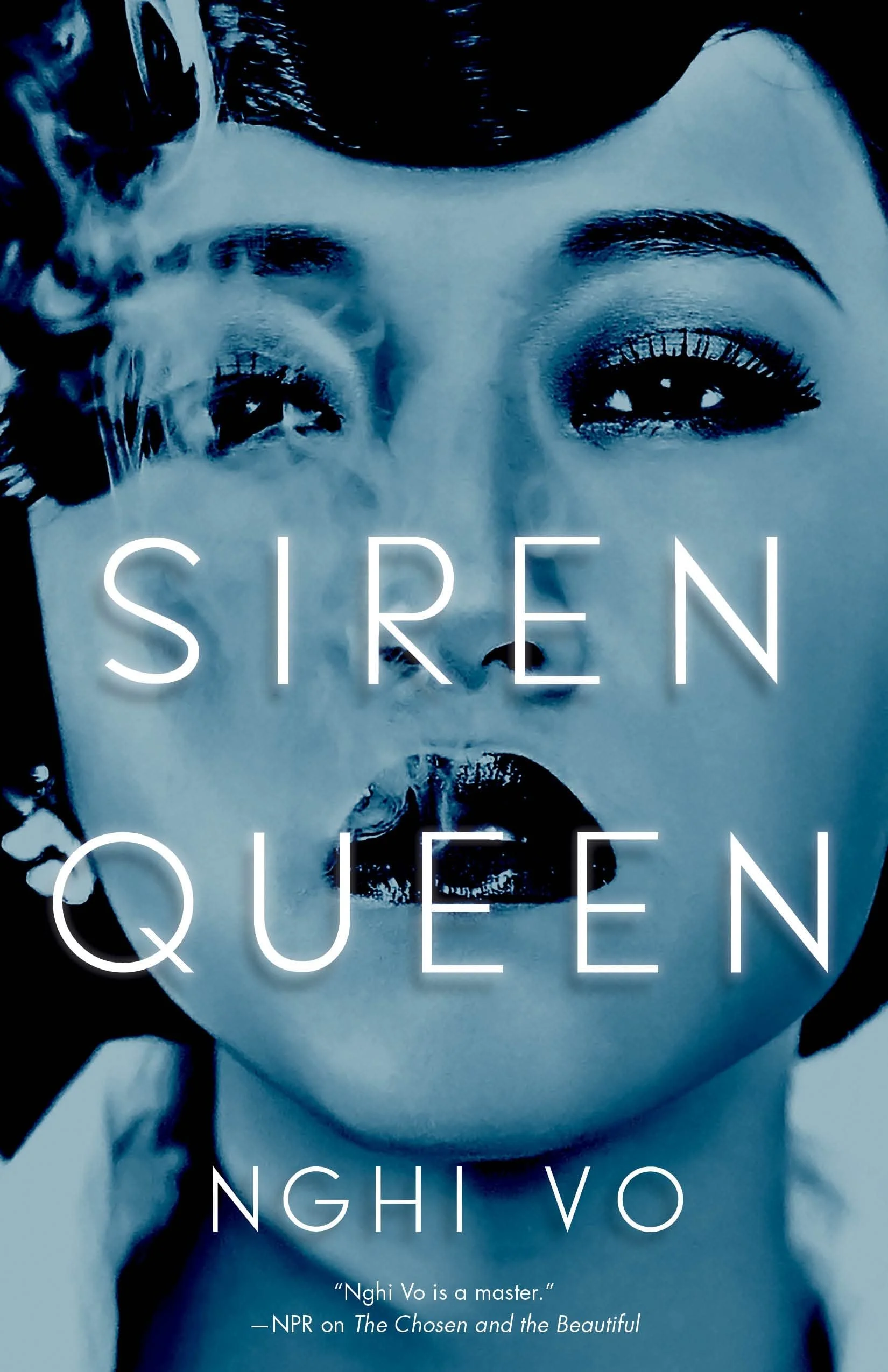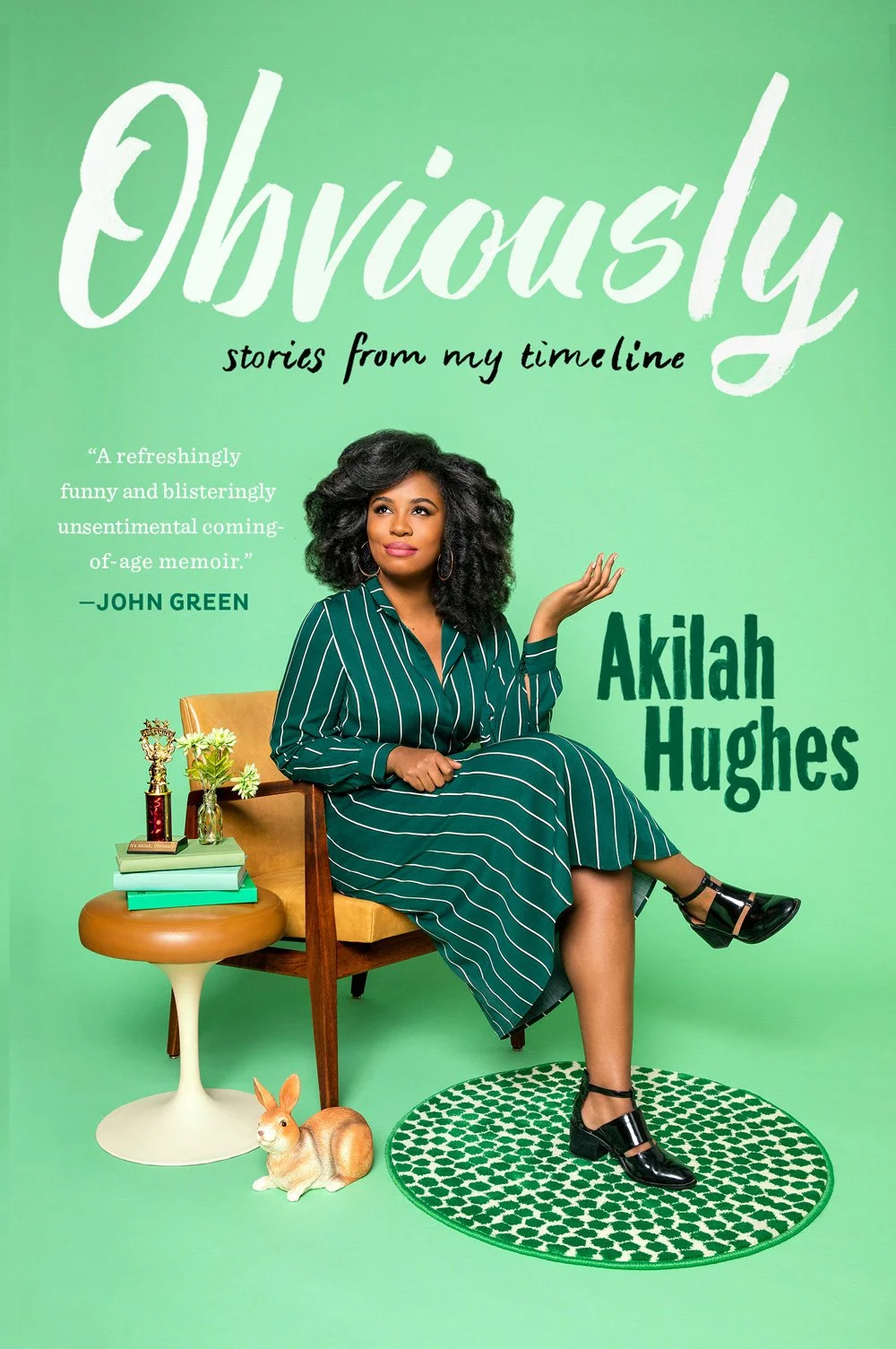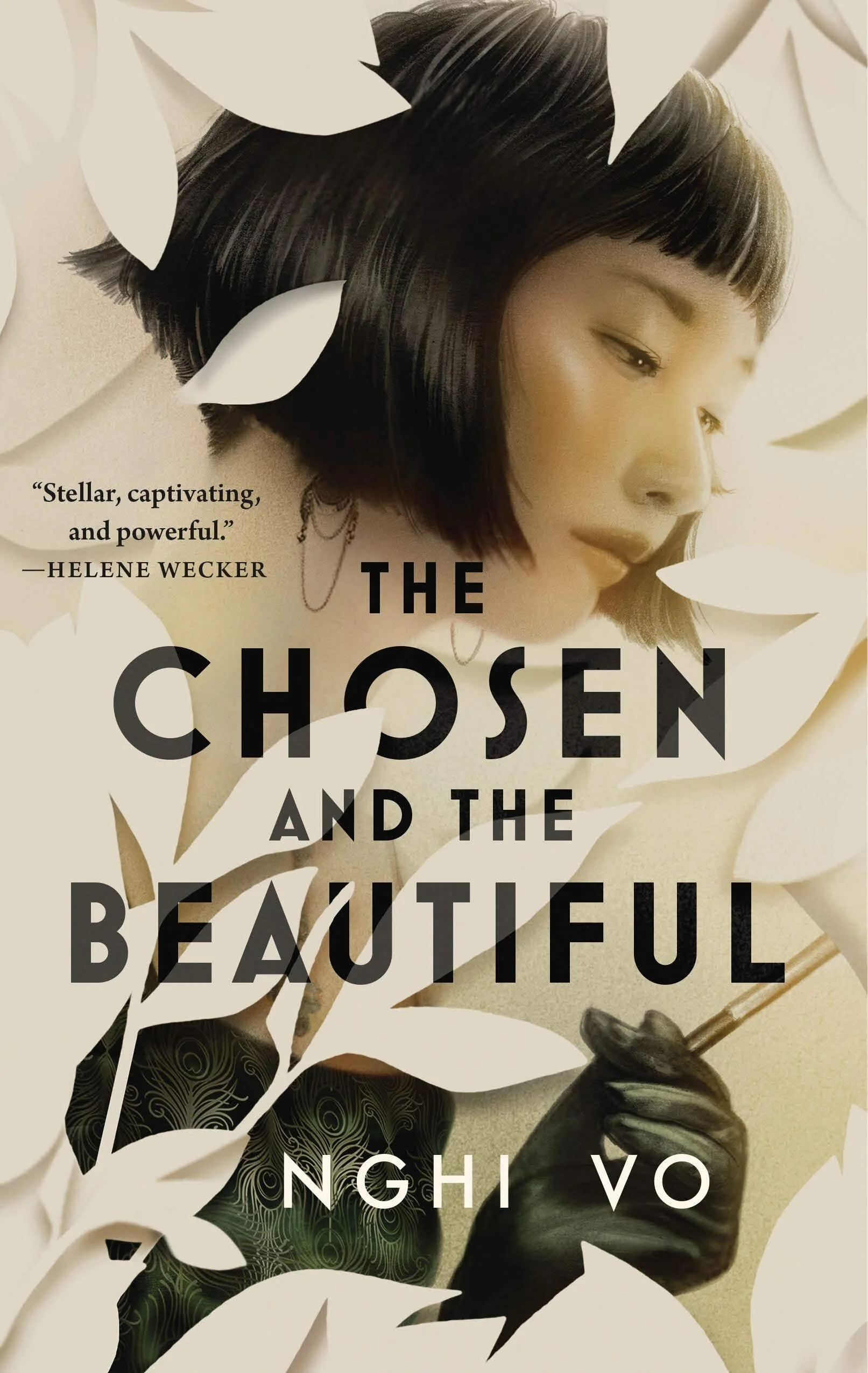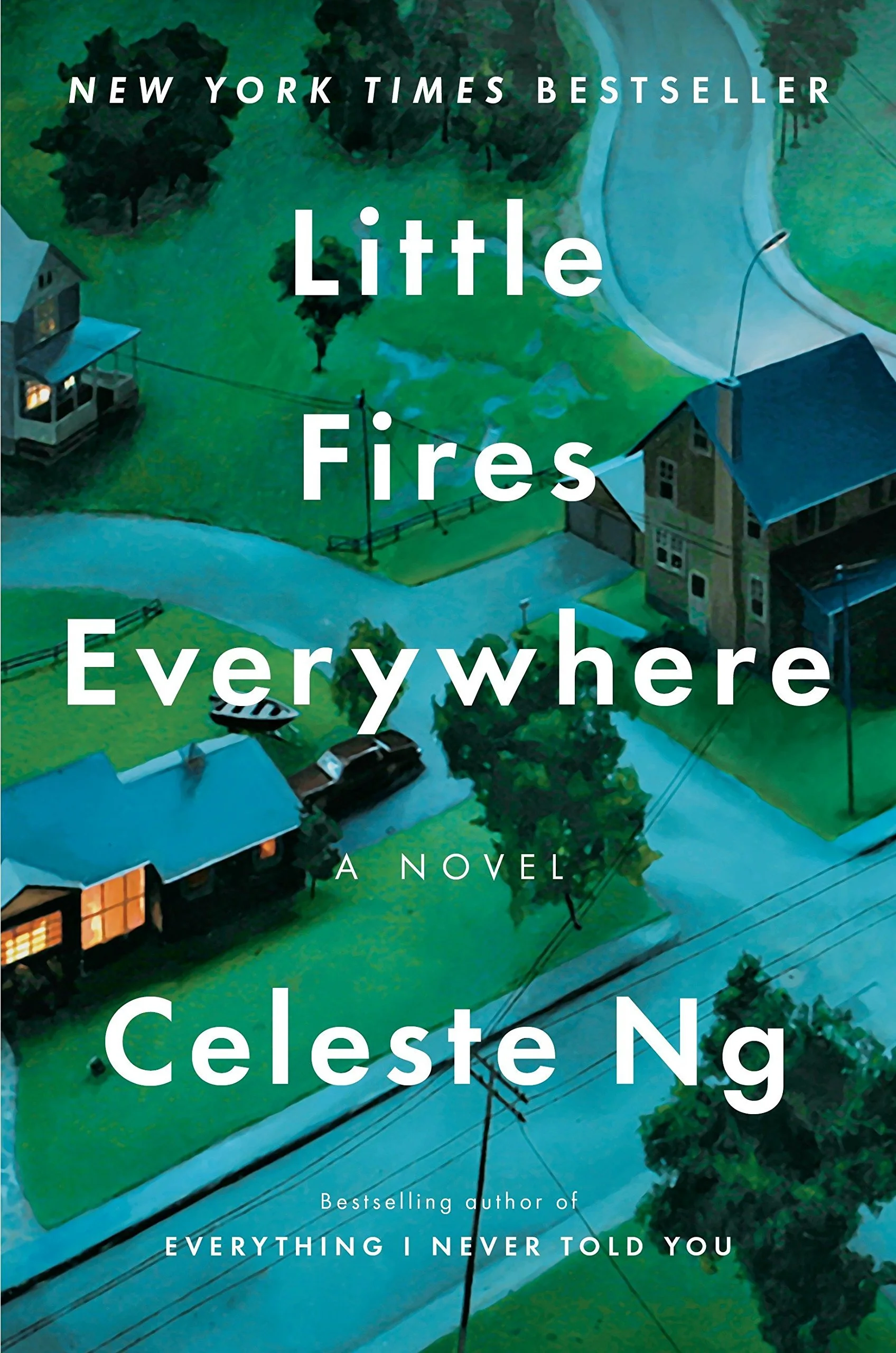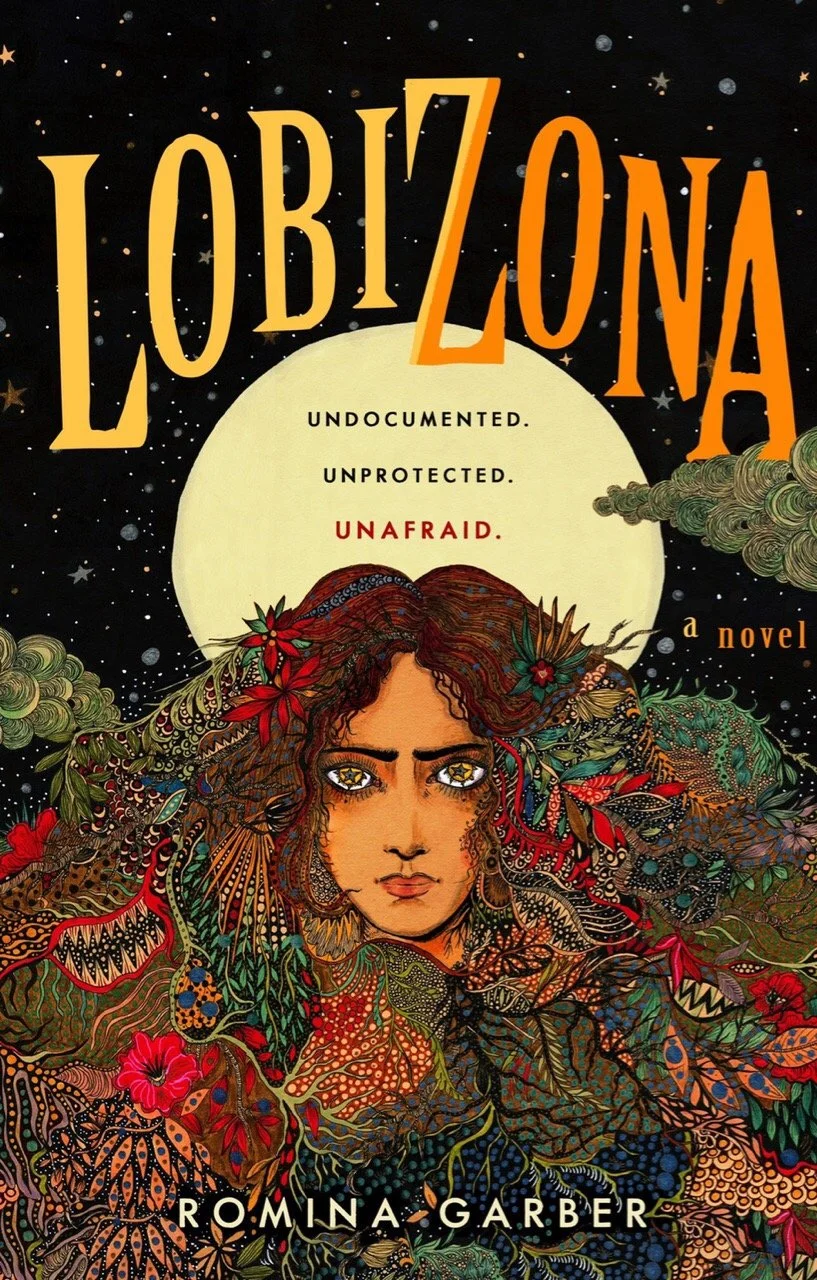Review: Siren Queen by Nghi Vo
I really love Nghi Vo.
Siren Queen is the story of Luli Wei, a girl who grows up in Hungarian Hill, an area frequently used by filmmakers to shoot movies. As our main character grows up, she falls in love with film; once she sees her first movie, she is almost desperate to see more. She eventually is able to gain a foothold as an occasional extra and begins the journey of chasing a film career. This book is full of magic and commentary and is just a delightful and attentive character study.
This was a book that I enjoyed as I was reading it; it made me think and kept my attention throughout. But I didn't realize how invested I was until I finished the book and instantly burst into tears. I am normally a crying while reading person and not a crying after reading one.
This is a fantasy novel, but this is in line with what someone would call soft magic; the rules are never really defined. This is not a bad thing; Vo clearly has an excellent handle on her world. It is under-explained intentionally; the magic of this world just is. It is up to the reader to decide where metaphor and evocative writing end and where the magic begins. Vo makes sure the reader has all the information about the magic you need for the story; you know what to be worried about, and you know how Wei can respond. Which are really all the important things.
This way of building the world is very apparent in the Hollywood studio executives. You hear about their magic, which is very fae or demonic; they are mostly literal monsters, which maps onto the real history of these men being figurative monsters. Vo is able to show how these men take power and life and beauty and hope from young people desperate to achieve a very long-shot dream. Making these men powerful in his almost unknowable way felt very apt. But with this, she also wrote resistance to them in a very similar way. I just really love it when an author trusts the reader to keep up with a story when they are not handheld through the story. Vo is really talented, and if you go on this journey, you will just have to trust her to give you all the pieces you need.
I also loved the ways in which this story felt like memoir. We get brief mentions of Luli's future after the main narrative is over; little moments of her future coming in and coloring the past is a really delightful way. I think this was used in a way that was really compassionate to the reader. So much of this book makes you worried about Luli and the people around her. This book is, at times, quite tense and dark. There is racism, sexism, homophobia, and classism; we are given period accurate politics. But this book shows the reader these queer people, these people of color, these people who are being exploited, and shows us these same people carving out a happy life for themselves. Queer stories can be dark and sad and still let queer people find happiness, let them preside over their own fires, and creating their own community.
I really love being in a story where you don't know the main character's name. The book's description calls the main character Luli, but when we meet her, Luli is the name of her sister. The reader never gets to know for sure what her name had been before she was given the name Luli. I think this name being hidden was a really lovely way for Vo to talk about the way society took Luli's identity from her in some ways. They wanted her detached from her background; they wanted her to be shining and perfect but also completely divorced from her reality. From her culture, from the working-class reality she came from, and from her queerness. This is all so beautifully illustrated throughout this book, but especially with her name being hidden from the reader.
I also loved the way Vo addresses the queer villain trope. Also, the not white villain. Luli is very clear that she will not be made to do roles that are demeaning or reinforce racist stereotypes about her community. But because of her refusal to do these roles, the people in power have no idea what to do with her. They refuse to give her leading lady roles, and Luli has moments where she mourns this fantasy of being the benevolent heroine of a film. But Luli finds a voice playing a monster. She is surrounded by actual monsters who wield their power against Luli, but she is able to gain her own power by positioning herself as a monster. I found Vo's exploration of this theme incredibly well done.
Another aspect of this story I loved was the way Vo didn't villainize other queer people in this book. There are a wide array of different queer folks in this story, and not all of them choose to live their life in the same way that Luli does. These people, especially people who are sort of choosing to stay closeted, are not looked down on by this narrative. These people are given full lives and are treated with the same nuance as the rest of the characters in this story.
I just love the intentionality of Vo's work. The way her writing is so lush and incisive and her narratives are so multifaceted while following her characters lives. I will continue to read everything Vo writes.
I gave this book 5 stars.

